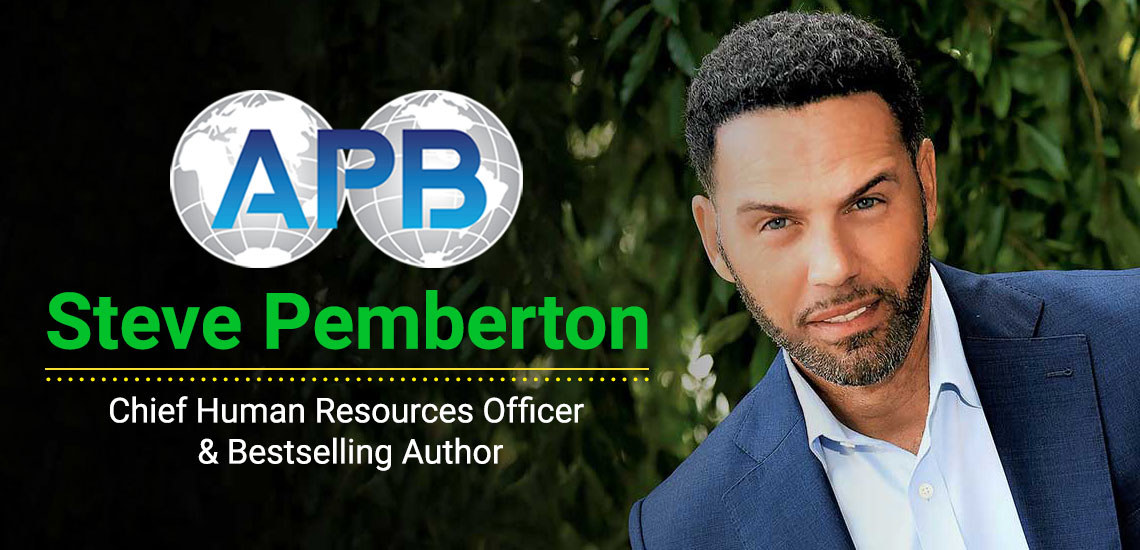DEI Programs Aren’t Working Anymore But They Can Be Fixed
01 Mar 2024

The Founder and CEO of The Lighthouse Academy—a leadership, coaching, and HR consultancy firm—has a message for us all and it’s both good news and bad. According to Steve Pemberton, who is also an APB exclusive speaker, DEI programs aren’t working anymore … But they can be fixed. And should be. Because they are crucial for a better America, he says.
In a recent article Pemberton wrote for Business Insider, he discusses the issues facing diversity programs. And he should know. As an orphaned boy, he had to navigate the foster care system and couldn’t find a permanent home. When he asked why he wasn’t chosen, the answer was that they weren’t sure where to place him since his mother was white and his father was black.
“In foster care, I experienced what happens when a diverse society gets immersed in labels,” Pemberton writes. “It led me to professions where I could create equitable and accessible environments, first in higher education, then in corporate America.”
Although there has always been opposition to diversity programs, it seems that lots of pushback has returned. DEI positions across the country have decreased by 8% with the main resistance being fear.
“Older generations now see a society in which their grandchildren are fighting the same fights that they once did,” Pemberton writes. “Something has gone very wrong.”
Fortunately, these sad stats can be fixed, he says. First, when DEI is part of the plan for the growth and performance of a corporation, it is sustainable. He saw how it worked firsthand when he led Walgreen’s pledge to employ those with disabilities—mostly in large distribution centers. With the proper training, the disabled performed as well as their peers or even better. The program led to a better brand image to additional markets for the company to more innovation.
Another benefit is that diversity programs are good for employers, as well as democracy itself. A diverse workforce allows us to meet others from all walks of life. “Often, we must harness these different experiences to work toward a common goal … Proximity allows me to get closer to your story and you to mine and find something in common that goes beyond the labels that so often divide us,” Pemberton writes. “Those ties that bind us are -critical to repairing trust in our neighbors, institutions and our country. The world of work might be our last defense against a descent into a nation of 1 million isolated, ideological clans.”
